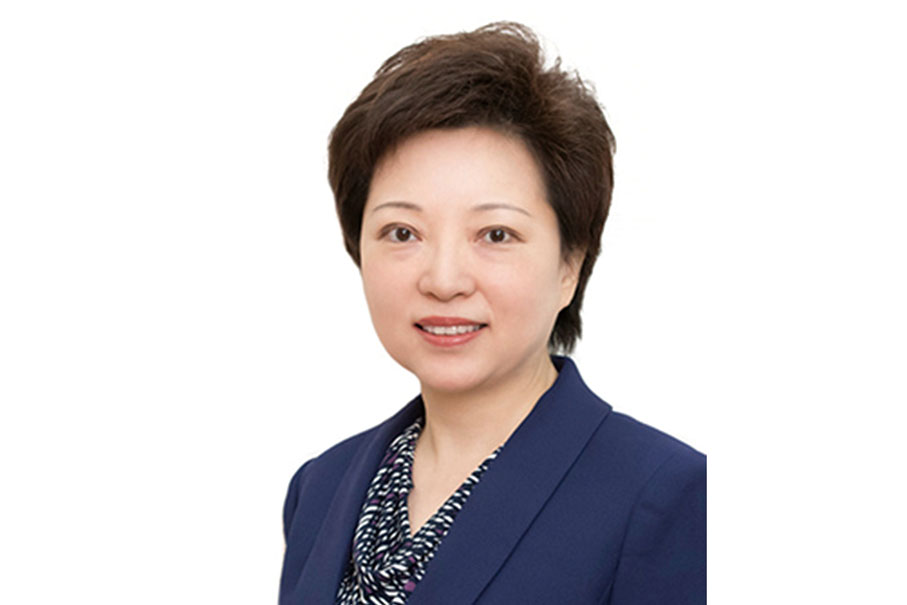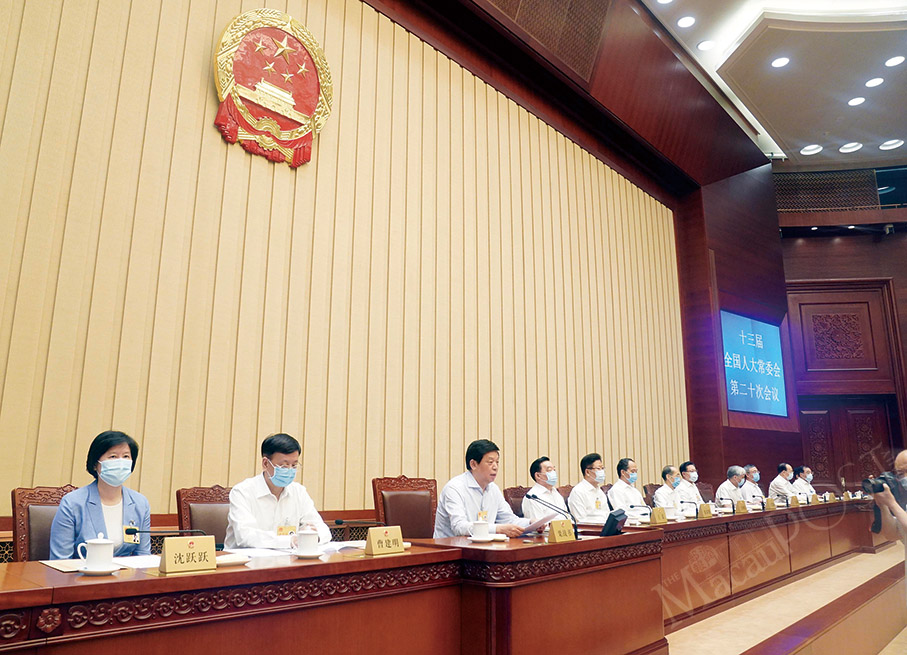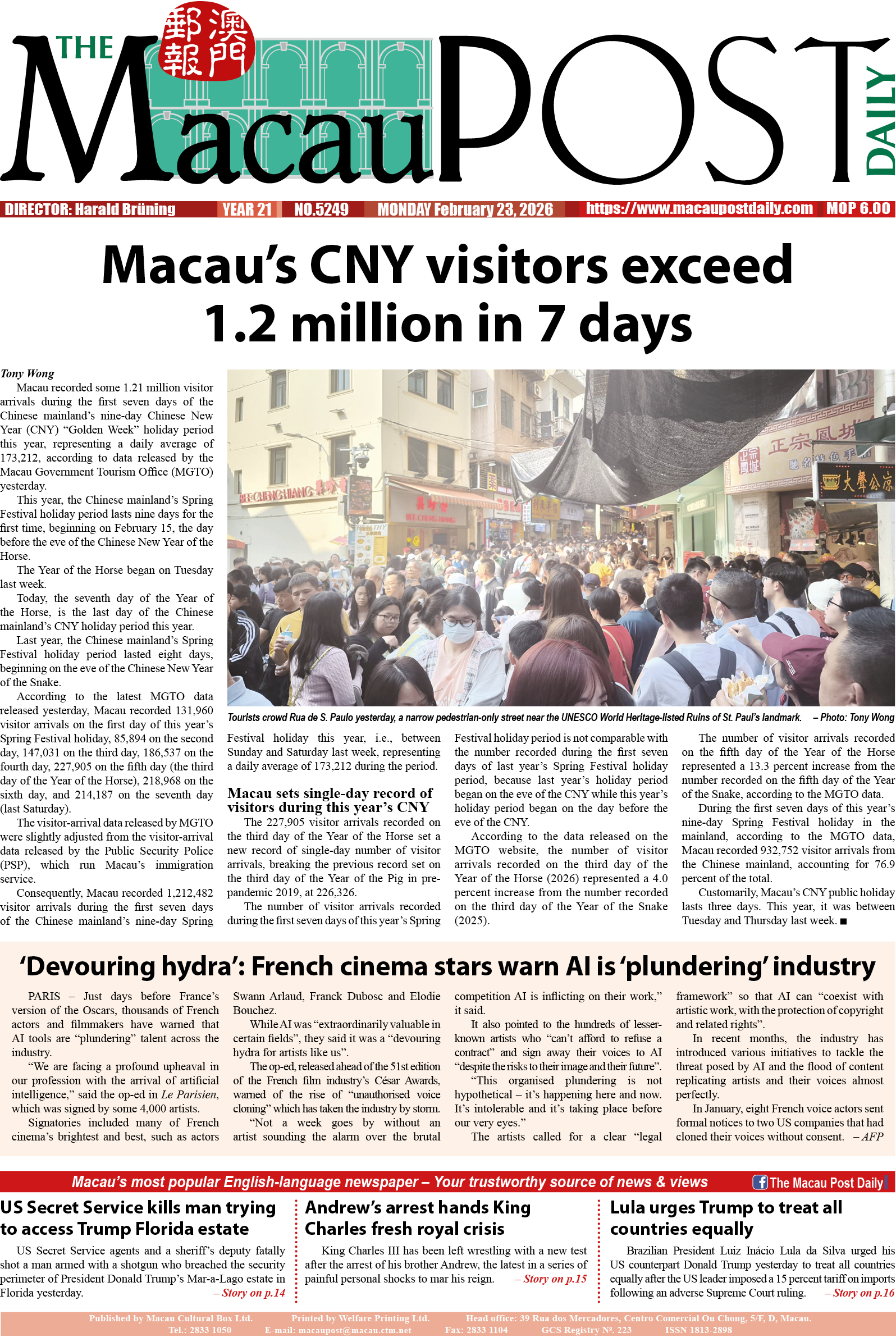The Macau Special Administrative Region (MSAR) government and the Liaison Office of the Central People's Government in the MSAR have both voiced their firm support for yesterday's ruling by the MSAR's Court of Final Appeal (TUI) that dismissed the separate appeals lodged by the trustees of three candidacy lists against the disqualification of some of their candidates from the upcoming Legislative Assembly elections.
The MSAR government said in a statement that the recent decision by the Macau Legislative Assembly Electoral Affairs Commission to disqualify certain candidates from running in the September 12 direct election for failing to uphold the Macau Basic Law and being disloyal to the MSAR had now been formally affirmed by the MSAR's judiciary.
The local government said it respects and supports the court ruling, adding that it will continue to comprehensively and accurately implement the "One Country, Two Systems" principle, fully guarantee the freedom of speech and the right to information as enjoyed by Macau residents in accordance with the law, support the Legislative Assembly Electoral Affairs Commission to perform its lawful duties, and ensure that the upcoming Legislative Assembly elections will proceed smoothly.
Also voicing firm support to the court ruling, the Liaison Office reaffirmed in a statement that "patriots administering Macau" is the core of the "One Country, Two Systems" principle in the MSAR, which means only patriots can be allowed to enter the MSAR's governance structure.
This is the "iron" bottom line of "patriots administering Macau," the office stressed.
The court's ruling upheld the authority of the Constitution and the Macau Basic Law, the office said.
The court's ruling and the decision by the commission are important moves to safeguard the overall interests of the MSAR and the vital interests of Macau residents as well as maintain the long-term prosperity and stability of Macau, the office added.
Yesterday's decision by Macau's highest court confirmed the commission's recent decision to disqualify the first two candidates of each of the three lists.
Macau has no political parties. Instead local associations and organisations set up candidacy lists in the runup to the Legislative Assembly elections that are held every four years.
While 14 of the lawmakers are directly elected by popular vote, 12 are indirectly elected by association representatives. The remainder are appointed by the chief executive shortly after the elections.
Permanent Macau residents aged at least 18 have the right to vote and be elected, irrespective of nationality and place of birth. Candidates must, however, pledge their allegiance to the Basic Law and allegiance to the MSAR– a commitment that they must prove by their deeds. – Xinhua, MPD








